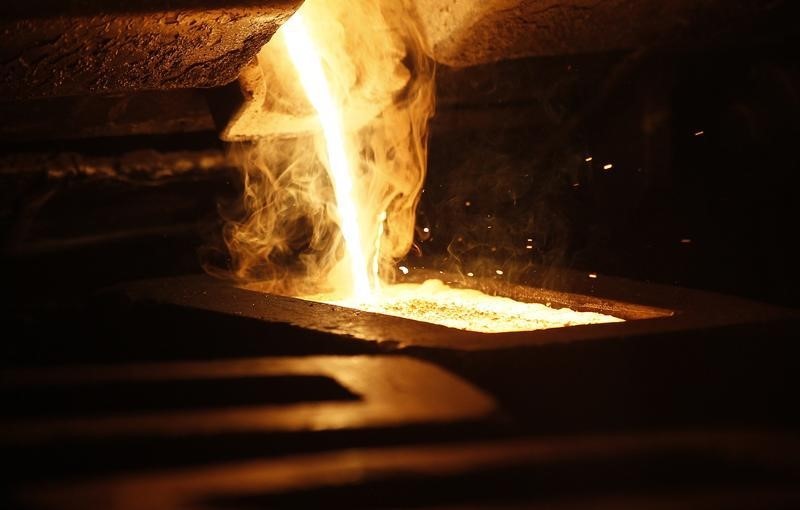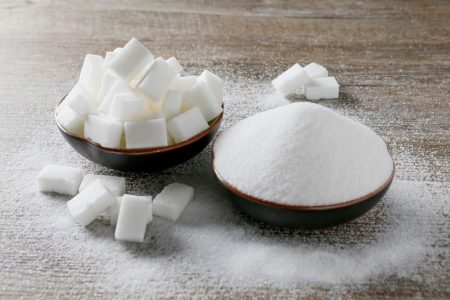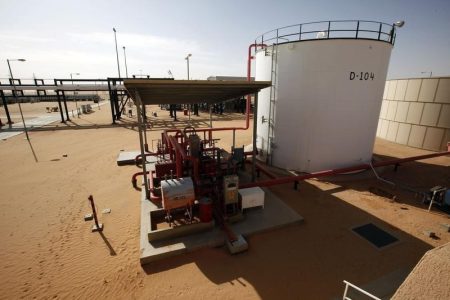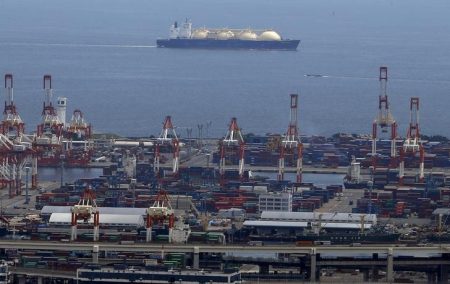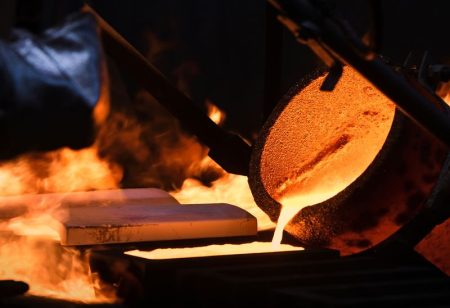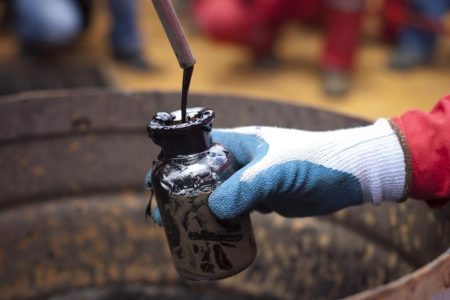Investing.com– Gold prices rose sharply on Wednesday, nearing a one-month high as a potential escalation in the Israel-Hamas war drove up safe haven demand, while copper prices also rose tracking a positive reading on China’s economy.
The bombing of a Gaza hospital, which reportedly killed hundreds of Palestinians, marked a potential escalation in the conflict, especially as Egyptian and Palestinian leaders called off a summit with U.S. President Joe Biden following the attack.
The move pushed up concerns that the Israel-Hamas conflict could draw in other Arab countries, causing the war to spill over into the broader Middle East region.
This notion ramped up investor demand for safe havens, with gold seeing strong inflows after the move. rose 0.8% to $1,937.80 an ounce, while expiring in December jumped 0.8% to $1,950.65 an ounce by 00:39 ET (04:39 GMT).
Both instruments were close to a one-month high.
Rising concerns over an escalation in the Israel-Hamas war provided a major boost to gold prices over the past week, as demand for conventional safe havens increased. Gold was sitting on a 5% gain in the prior week.
But this demand somewhat cooled in recent sessions, especially amid resurgent fears of higher U.S. interest rates. data released overnight pushed up fears of sticky inflation, which in turn could attract a more hawkish stance from the Federal Reserve.
To that end, focus this week is on a string of U.S. economic indicators and Fed officials, most notably an address by on Thursday. Any hawkish signals from Powell, considering the recent uptick in inflation, will be in close focus.
Rising interest rates bode poorly for gold prices, given that they push up the opportunity cost of investing in the yellow metal. This trend battered gold prices over the past year, and is likely to limit any major gains in the yellow metal, even as safe haven demand increases.
Copper surges on China boost as GDP beats expectations
Among industrial metals, copper prices rose sharply on Wednesday after top importer China clocked better-than-expected growth in the third quarter.
rose 0.6% to $3.6128 a pound.
China’s third-quarter grew a bigger-than-expected 4.9%, indicating that recent stimulus measures from Beijing were bearing fruit.
But , while consensus beating, still remained largely below pre-COVID levels, indicating that a bigger economic recovery was still a ways off.
Still, the data, coupled with a positive reading on industrial production in September, pushed up hopes that economic conditions in the world’s largest copper importer will improve, buoying demand.
Focus is now on a from the People’s Bank of China on Friday, although the bank is widely expected to maintain rates.
Read the full article here





